Insects in Winter
 What happens to insects this time of year? A few remain active, such as snow fleas, and some, like monarch butterflies, migrate, but the vast majority of insects overwinter in New England. The insects that stay here are susceptible to freezing due to the fact that they cannot control the temperature of their body. Some insects, such as woolly bear caterpillars, can tolerate having ice form in their tissues, but most insects go into a state known as diapause. When the days start getting shorter, these insects reduce the water content of their body, as water freezes at a high temperature compared to other liquids, and replace it with glycerol, which acts like antifreeze, protecting them from freezing. (Please excuse duplicate post. I’m testing new posting process.)
What happens to insects this time of year? A few remain active, such as snow fleas, and some, like monarch butterflies, migrate, but the vast majority of insects overwinter in New England. The insects that stay here are susceptible to freezing due to the fact that they cannot control the temperature of their body. Some insects, such as woolly bear caterpillars, can tolerate having ice form in their tissues, but most insects go into a state known as diapause. When the days start getting shorter, these insects reduce the water content of their body, as water freezes at a high temperature compared to other liquids, and replace it with glycerol, which acts like antifreeze, protecting them from freezing. (Please excuse duplicate post. I’m testing new posting process.)
Insects in Winter
 What happens to insects this time of year? A few remain active, such as snow fleas, and some, like monarch butterflies, migrate, but the vast majority of insects overwinter in New England. The insects that stay here are susceptible to freezing due to the fact that they cannot control the temperature of their body. Some insects, such as woolly bear caterpillars, can tolerate having ice form in their tissues, but most insects go into a state known as diapause. When the days start getting shorter, these insects reduce the water content of their body, as water freezes at a high temperature compared to other liquids, and replace it with glycerol, which acts like antifreeze, protecting them from freezing. (Due to technical problems which hopefully will be resolved soon, I am unable to include a photograph with this post. My sincere apologies.)
What happens to insects this time of year? A few remain active, such as snow fleas, and some, like monarch butterflies, migrate, but the vast majority of insects overwinter in New England. The insects that stay here are susceptible to freezing due to the fact that they cannot control the temperature of their body. Some insects, such as woolly bear caterpillars, can tolerate having ice form in their tissues, but most insects go into a state known as diapause. When the days start getting shorter, these insects reduce the water content of their body, as water freezes at a high temperature compared to other liquids, and replace it with glycerol, which acts like antifreeze, protecting them from freezing. (Due to technical problems which hopefully will be resolved soon, I am unable to include a photograph with this post. My sincere apologies.)

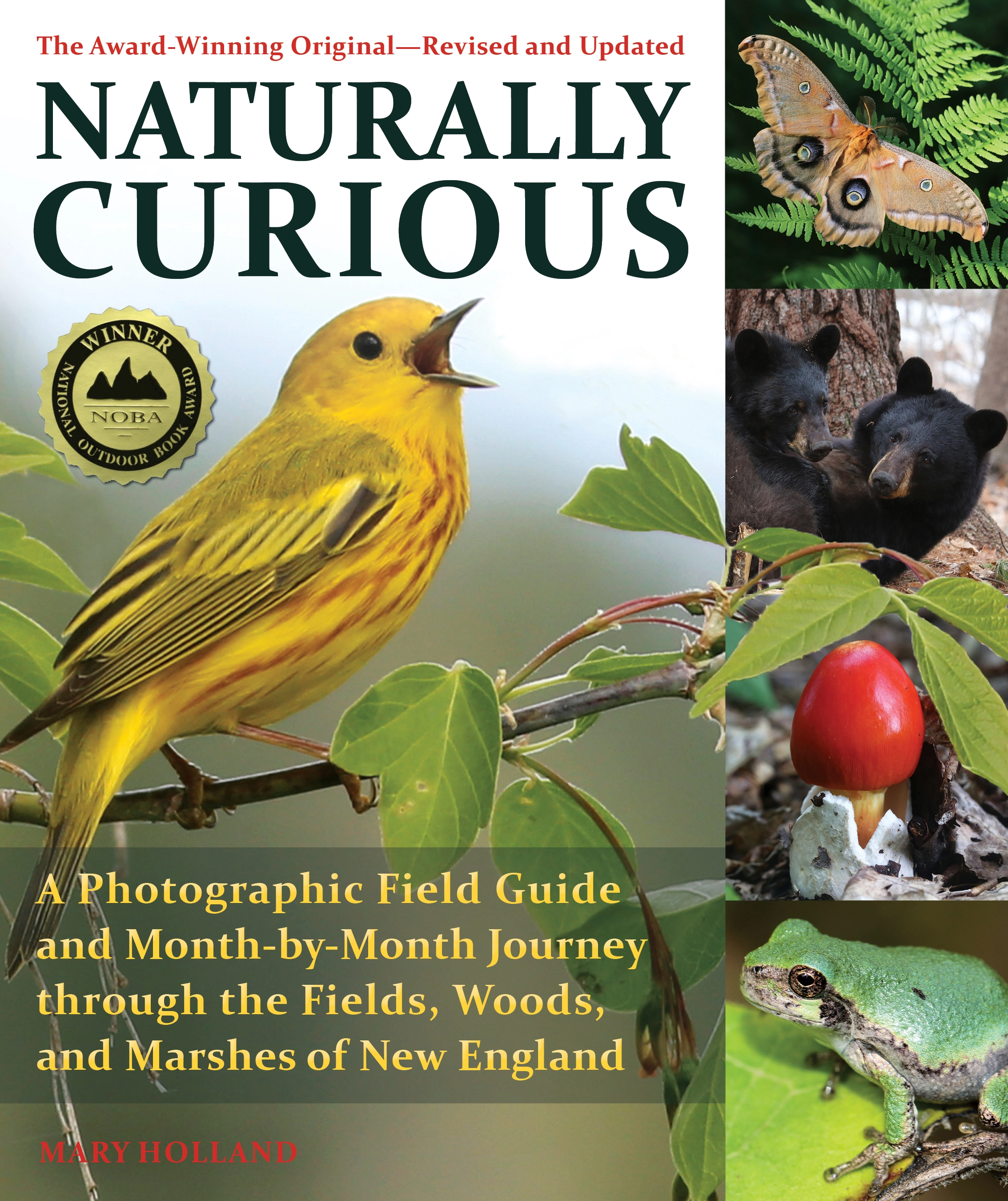

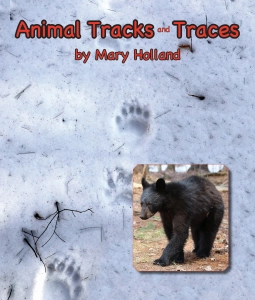

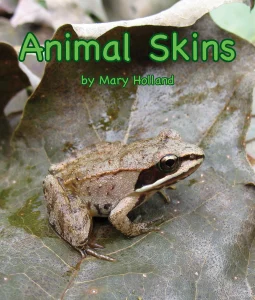


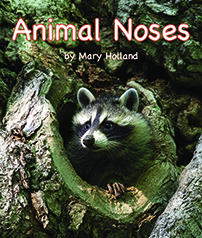





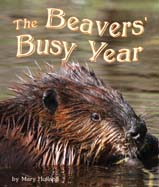



What Other Naturally Curious People Are Saying